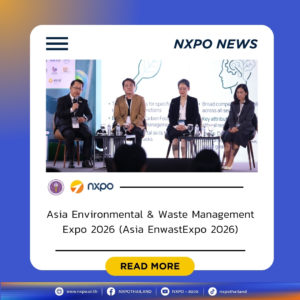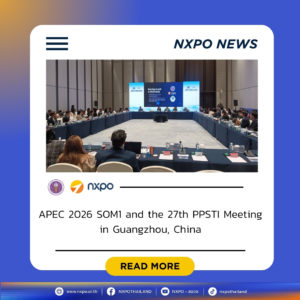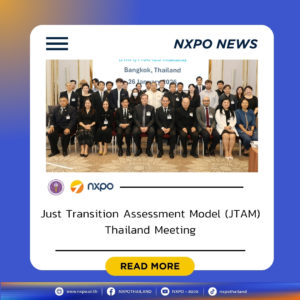NXPO took part in the 81st Session of the United Nations Economic and Social Commission for Asia and the Pacific (ESCAP), held under the theme “Regional cooperation for resilient and sustainable urban development in Asia and the Pacific,” on 21–25 April 2025 at the United Nations Conference Centre in Bangkok. The session served as a platform for regional dialogue on strategies to advance sustainable urban development through regional collaboration.
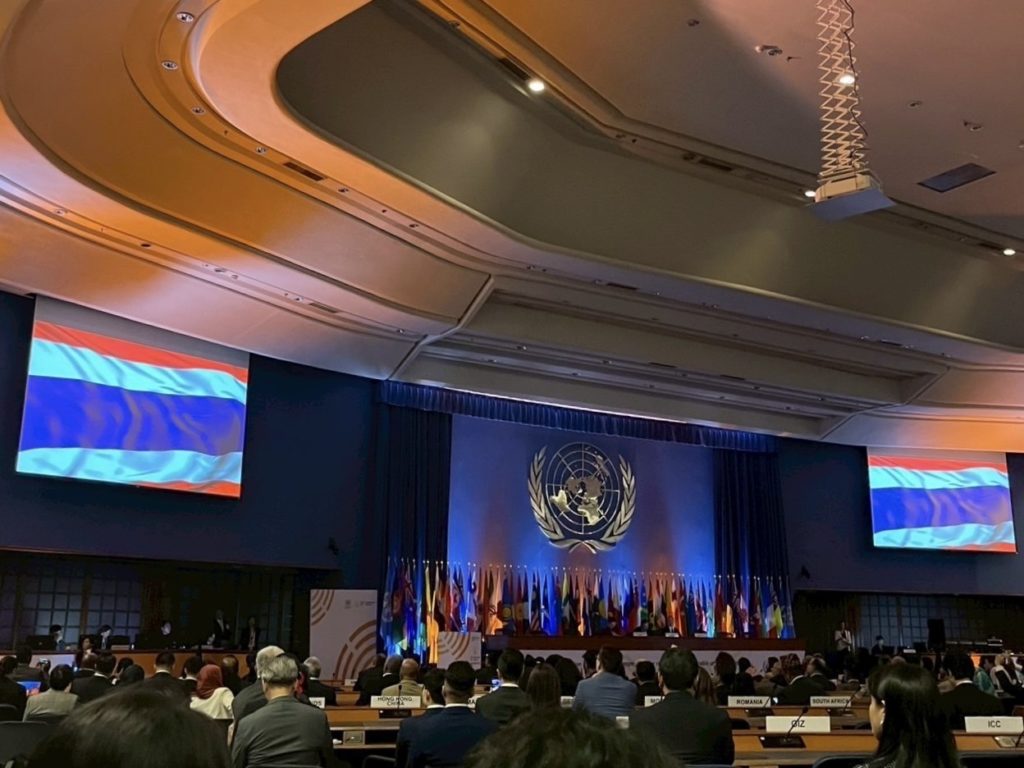
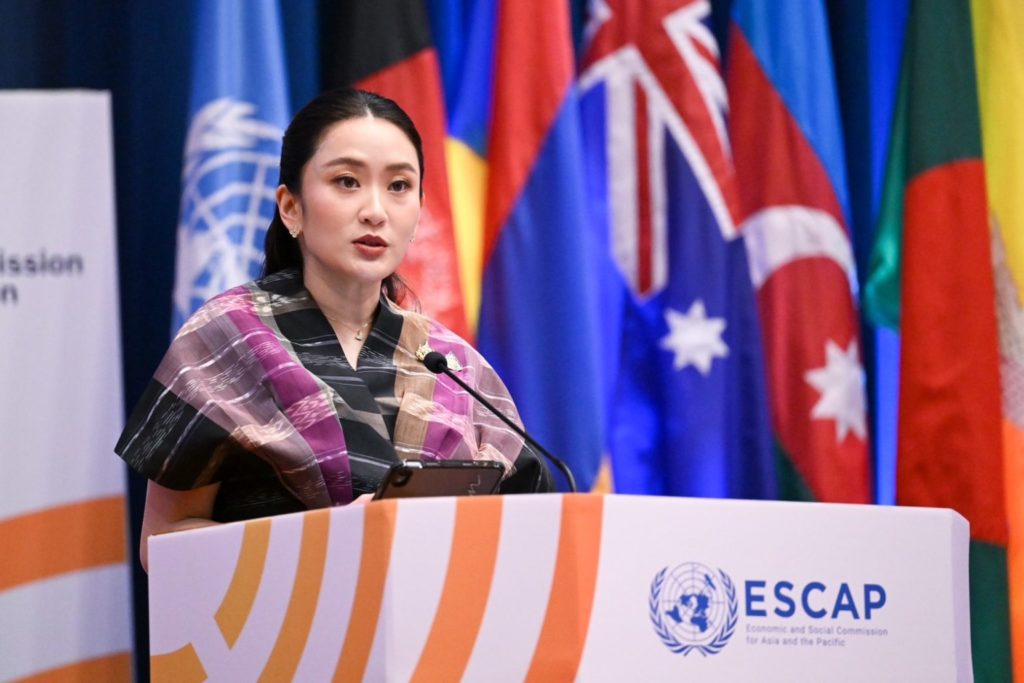
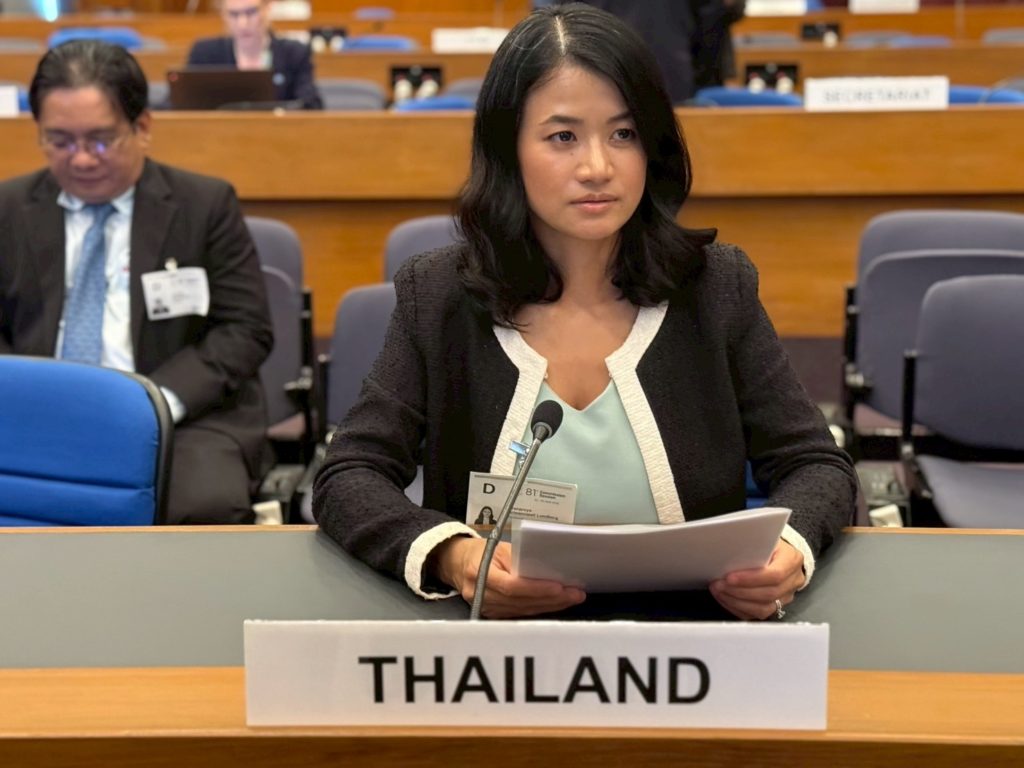
Dr. Pranpreya Sriwannawit Lundberg, Director of International Policy Partnership Division at NXPO, delivered a statement on behalf of the Ministry of Higher Education, Science, Research and Innovation (MHESI) and as Thailand’s representative during Agenda Item 5(h) on Trade, Investment, Enterprise and Business Innovation. In her remarks, she reaffirmed Thailand’s commitment — as underscored by Prime Minister Paetongtarn Shinawatra during the session’s opening ceremony — to building sustainable, resilient, and inclusive infrastructure as a foundation for research excellence and industrial technological advancement. This strategy is central to Thailand’s goal to take part in a regional partnership in sustainable development and to promote advanced, sustainable industries through this transition. Achieving this vision requires transforming into a high-tech, innovation-driven economy. Thailand is actively pursuing this through the development of the Eastern Economic Corridor (EEC), covering the provinces of Chonburi, Rayong, and Chachoengsao, and the establishment of the Eastern Economic Corridor of Innovation (EECi), an innovation district within the EEC with a dynamic innovation ecosystem.
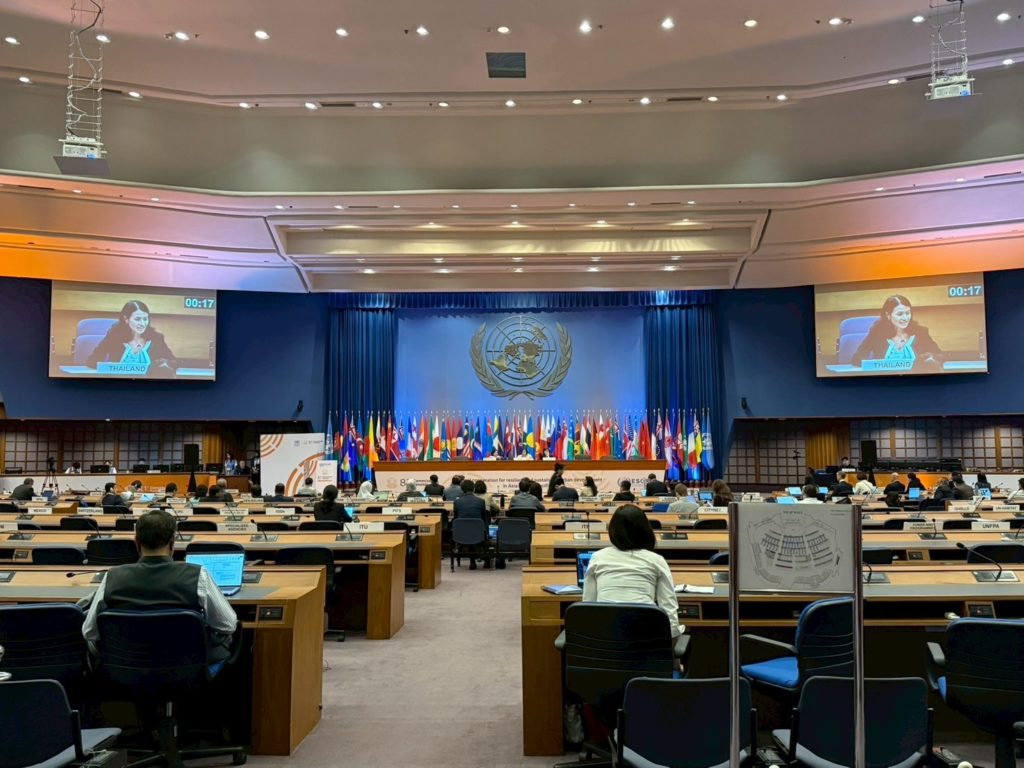
Dr. Pranpreya emphasized EECi’s role as Thailand’s innovation hub, bridging research with investment. With its integrated infrastructure and supportive ecosystem, EECi facilitates the translation of laboratory discoveries into commercial applications and promotes the localization and adoption of advanced foreign technologies tailored to local needs. The sustainable urban development approach within EECi has improved the quality of life in the region, while also serving as a model for decentralizing research and innovation capacity to the provinces — reducing regional disparities, expanding access to quality infrastructure, and enhancing local economic potential.
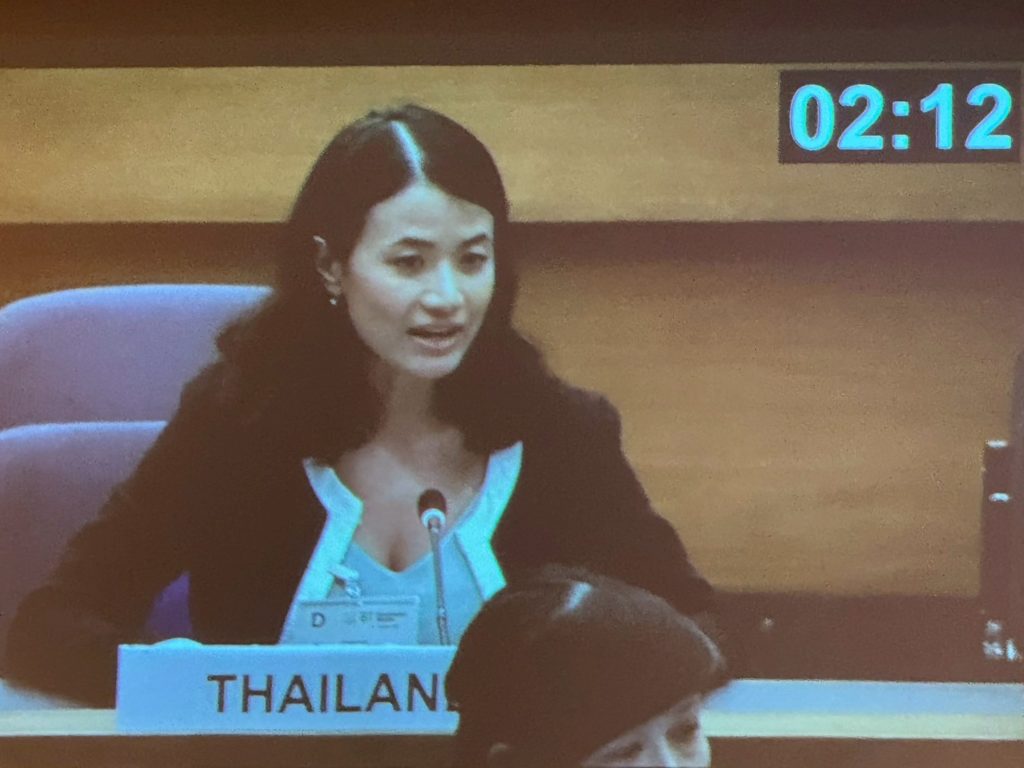
In closing, Dr. Pranpreya conveyed MHESI’s appreciation to the Asian and Pacific Centre for Transfer of Technology (APCTT) under ESCAP for its dedicated efforts to foster international technology transfer partnerships in support of regional development and the achievement of the Sustainable Development Goals (SDGs). She also reaffirmed Thailand’s commitment to contributing to a greener, more inclusive, and innovation-driven Asia-Pacific region.
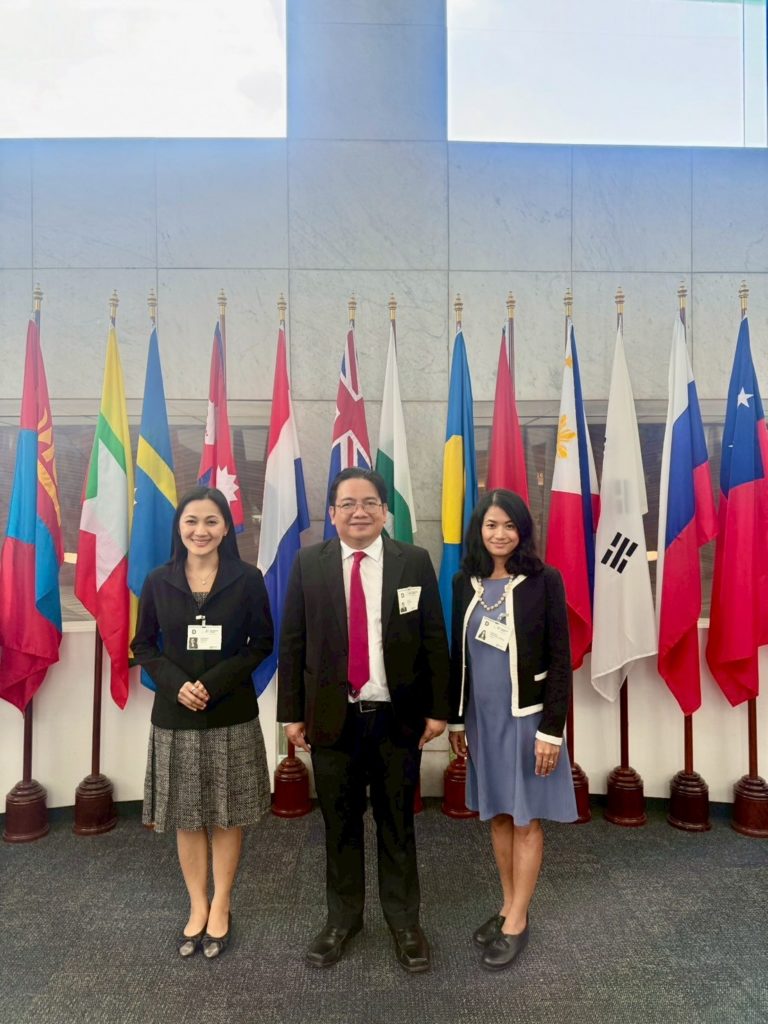
For more information about the 81st ESCAP session, please visit: https://www.unescap.org/events/commission81


